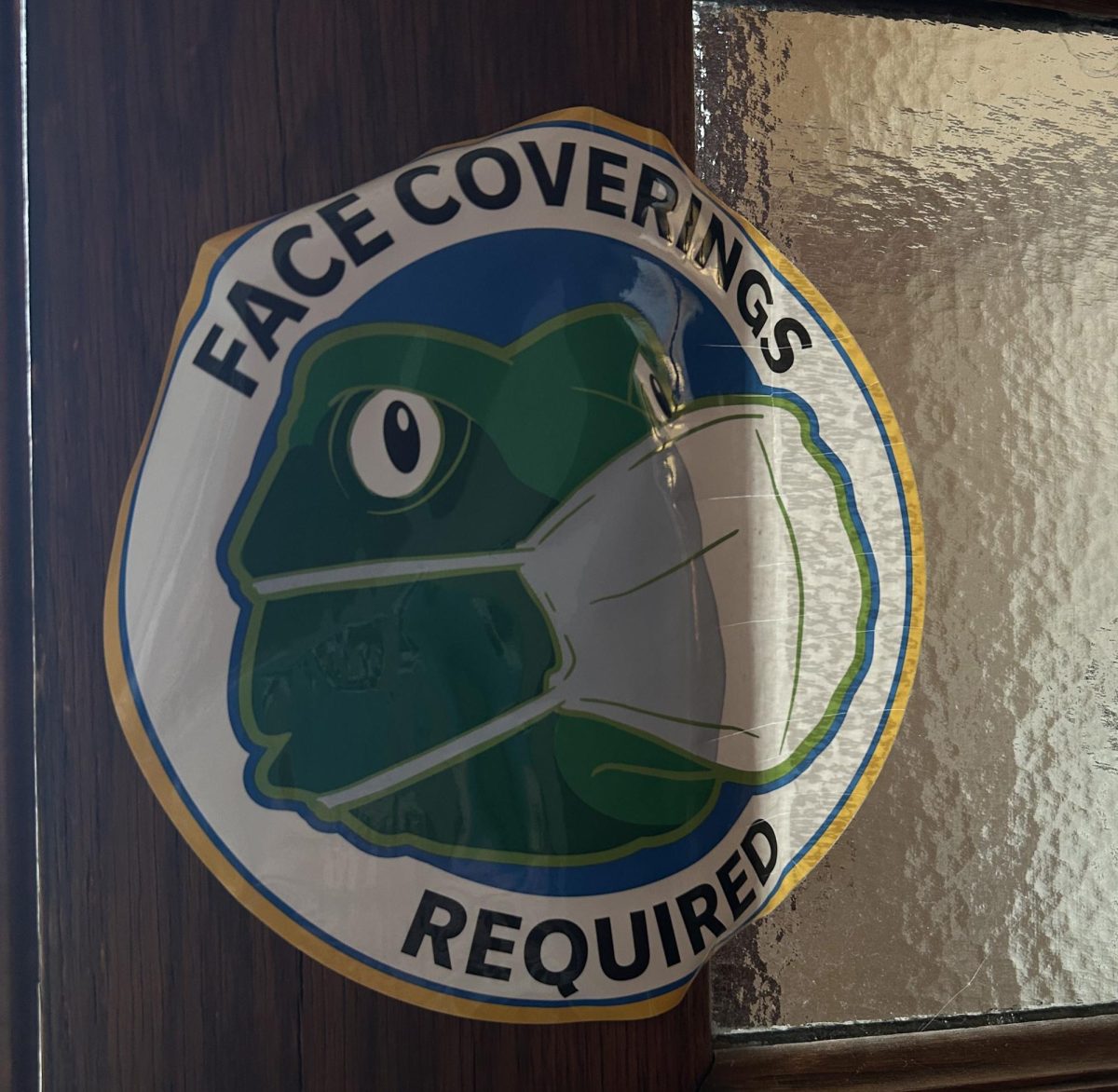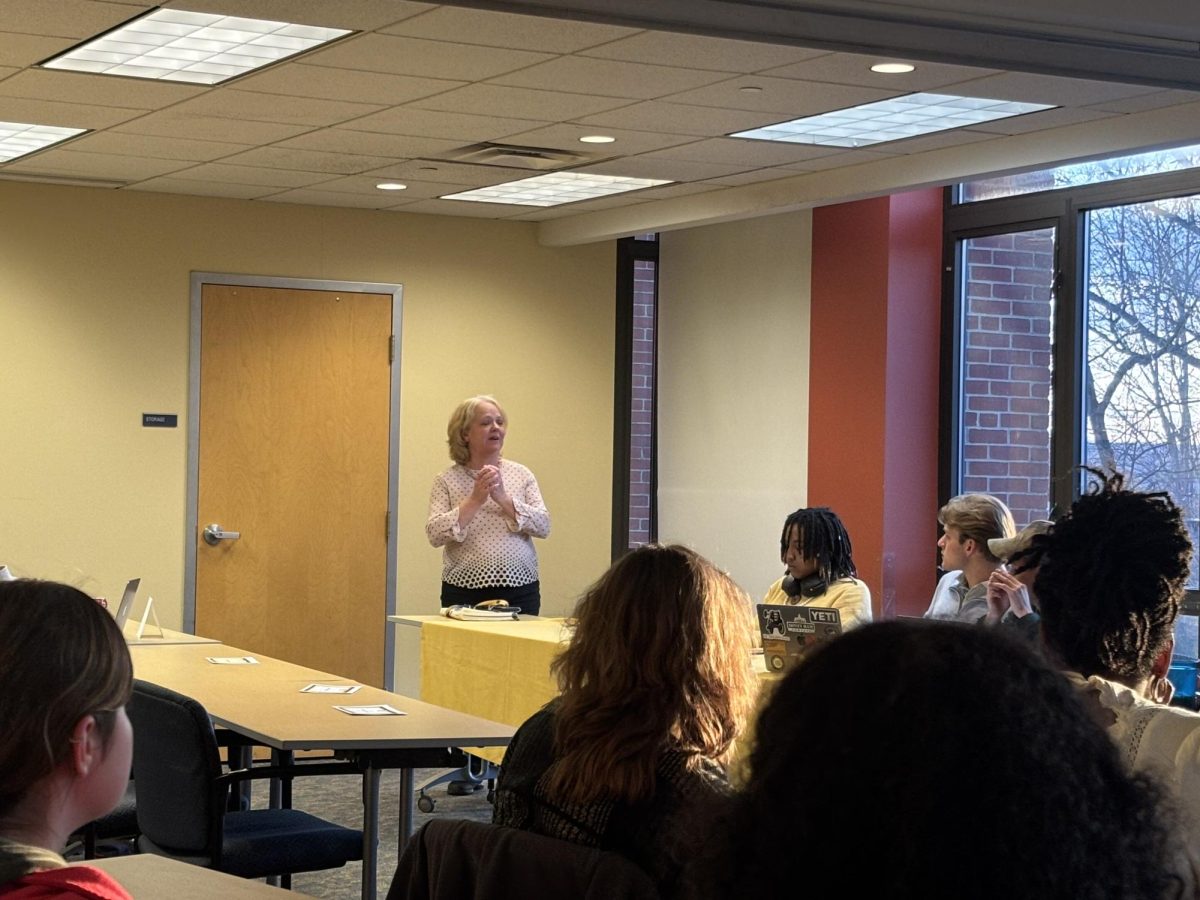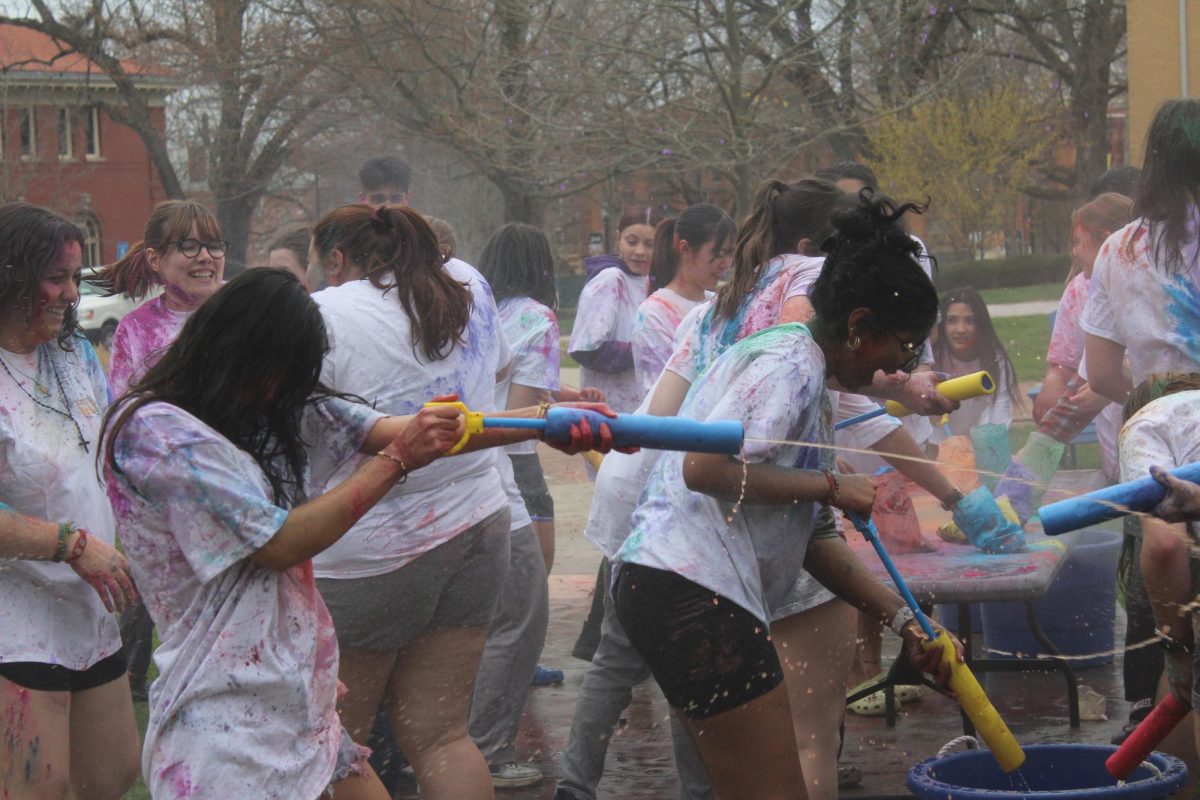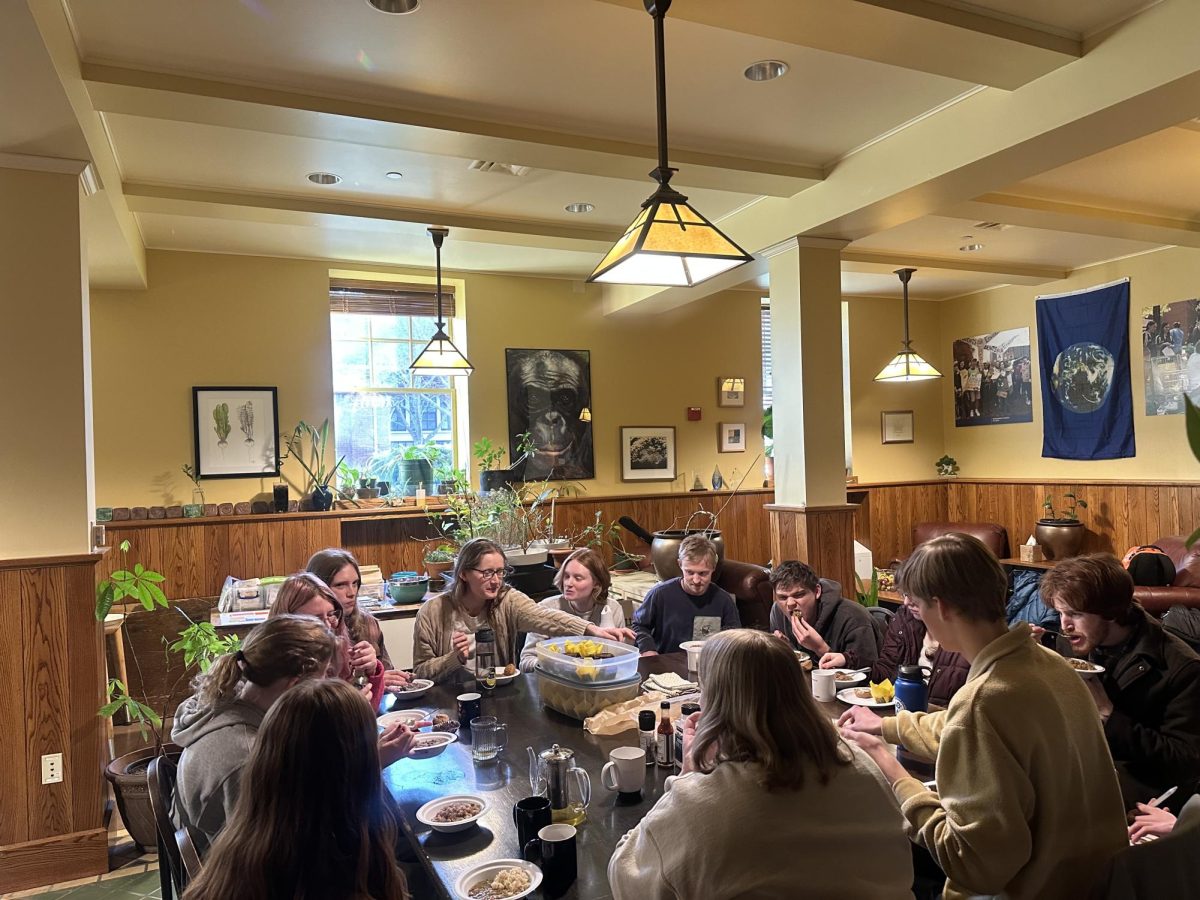Allegheny College’s Center for Political Participation is shifting its focus from rallying student electoral participation to general community outreach. It also announced a formal partnership with the Robert H. Jackson Center in Jamestown, New York, a non-for-profit organization dedicated to preserving the life and legacy of the Supreme Court Judge.
Newly appointed Director Brian Harward specializes in constitutional law and is hoping to redirect the CPP towards increasing the civic engagement of students. He hopes the CPP will help a broader range of students become involved in politics.
“The CPP always had its mind open to the broader picture, however it was founded ten years ago on the idea of electoral participation among youth, ” said Mary Solberg, assistant director for the CPP. “But then as [Harward] took over, his focus is not electoral participation […] he has this broader view of what electoral participation should be, and it involves a lot more than just going into a voting booth.”
Allegheny College and the Jackson Center worked together throughout the past ten years, and through this formal partnership a broader and more intensive connection is made.
The Jackson Center has no other formal connections to any other college.
“Of all the institutions, Allegheny was the one that really spoke to me,” said Gregory Peterson, chairman of the board of directors at the Robert H. Jackson Center and a class of ’73 Allegheny alumn.
The Jackson Center offers a wide variety of information and research for students interested in civil liberties, humanities, international law, constitutionalism, civil rights and human rights. Peterson believes the center offers something for every student, not simply those interested in politics.
“We recently had four Allegheny students this past summer and I think they were of every variety possible up there,” said Peterson, “from music majors to English majors to history majors to political science majors and they found that they were working on their skill sets and thats what was very exciting for us.”
Aurley Morris, ’15, a fellow for the CPP, is excited about the merger and relationship being built between the college and the Jackson Center.
“We’re going to try to host major events at the center and the school each year to bring the two together” said Morris.
The CPP is a program that allows students and facility to partner with both local and international communities to fight for economic, social and political change. It is composed of four parts, with emphasis towards electoral participation, global engagement programs, law and justice programs, public policy and participation, and finally journalism in the public interest.
Alongside the director are the CPP’s fellows who are students of the college that work to make the events, research, speakers and programs possible. Fellows are appointed by faculty and are dispersed into every area of the CPP. One of the fundamental changes to the CPP is a new role for student’s to work with the Center as Project Leaders. To be a Project Leader students only need to send and email or come to one of the CPP’s events. It is a new opportunity for students to be involved with events they are interested in without committing full time to the CPP.
“Project Leaders will, with the CPP Fellows be responsible for designing and running our programs” said Harward in an email. “Students who sign onto the CPP as Project Leaders can expect to be involved in at least one programming event a semester.”
Historically the CPP has been involved with numerous other political groups on campus as well as the larger scholarly community. Its connection with the Jackson Center and its increased availability to students has made it a resource accessible to students with diverse interests and any political view.
“We’re a bipartisan group so we have people from all parts of the political spectrum and we all work together which is how it should be,” said Morris.
Alex Sproveri,’13, has been a fellow for three years and has seen the CPP evolve and transform.
“This year the C.P.P has a new face and a whole new approach to the way we do political participation,” said Sproveri. “Before we just had electoral participation under Professor Shea, but now under Professor Harward we’re doing global engagement, law and justice, public policy and journalism.”
These fundamental changes to the CPP are making it easier for average students to get involved in the less obvious but equally important areas of politics.
“There are all these ways that you could be involved in the political process before but we didn’t focus on them,” added Spoveri. “So we’ve expanded to include all those.”
Sproveri said he is looking forward to the new face of the CPP and the merge with the Jackson Center.
“Definitely the opportunities for speakers to come here and for us to send speakers there to research or intern, and the combination of resources,” said Sproveri. “And also the prestige.”










